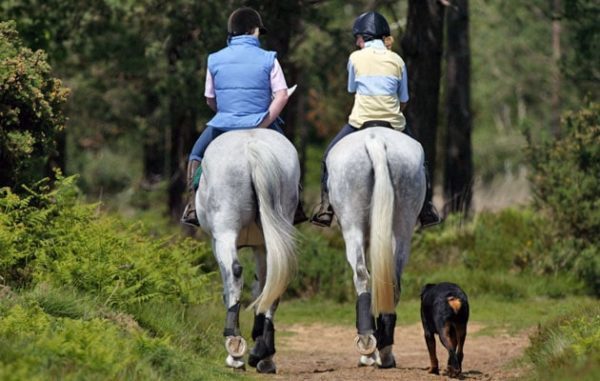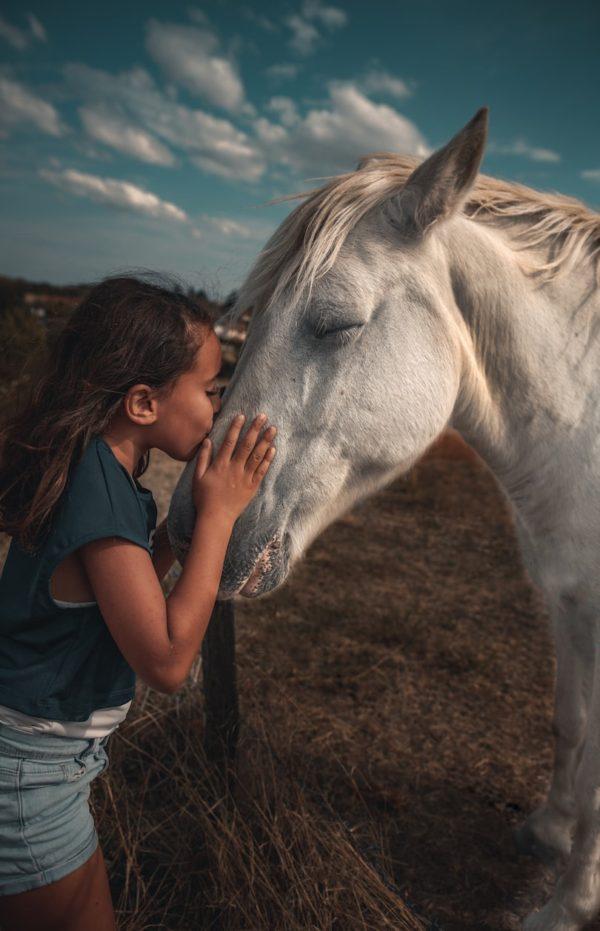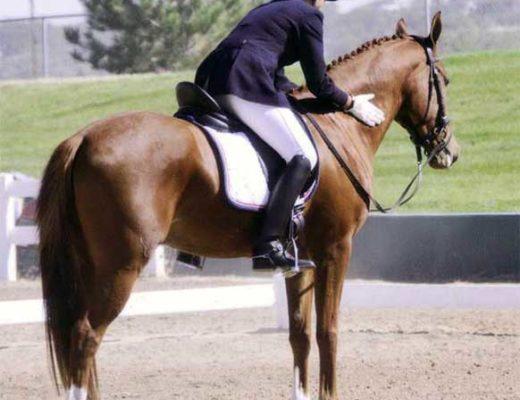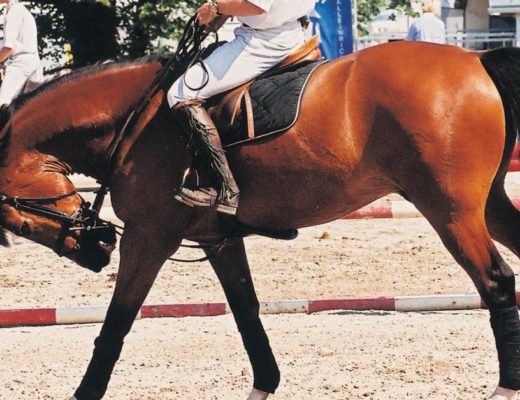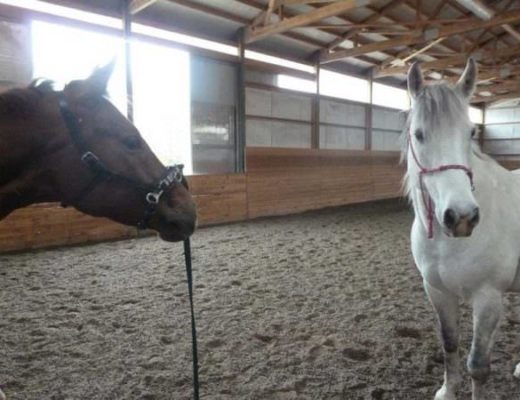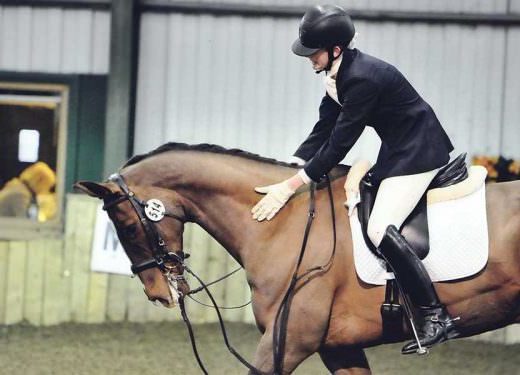We are wholly responsible for our horse's learning environment. Not just actual training interactions, but even the daily care of your horse can affect their learning.
With that in mind, here are some techniques to create a highly effective learning environment for your horse.
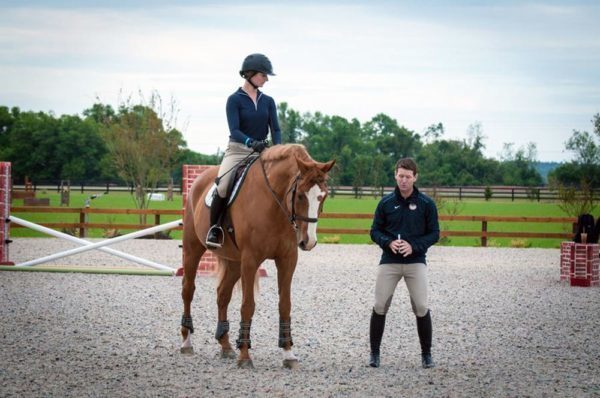
1. Encourage the Horse to Ask Questions
Say what? The horse, ask a question, but how?
Our horses constantly ask us questions when they become confused unless they've stopped asking out of confusion or past punishment.
We want the horse to ask questions even when they aren't yet to the point of confusion. This means we have to actively listen to our horse at all times to identify when they are asking a question.
To encourage questions from the horse, be quick to clarify any confusion by making the request more simple. Avoid reprimanding your horse, and instead, use redirection to move them away from what you don't want towards what you do want.
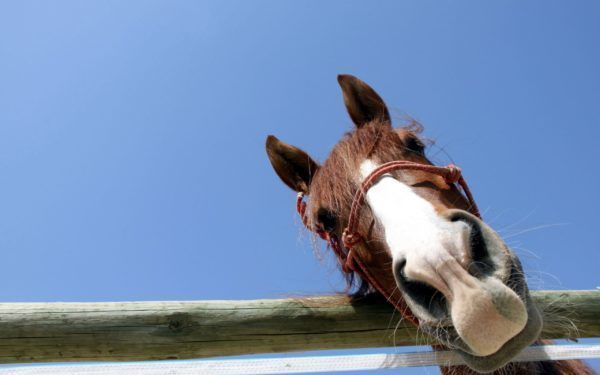
2. Be Open to Your Horse's Ideas
We can easily get caught up in training, training, training, and fail to see that our horse would enjoy a deviation.
Perhaps you indulge your horse's desire to explore a specific place in the arena, or go for a hack through the woods, or spend time grazing.
How many times do we stop our horse from trotting out because we didn't specifically ask for it, instead of encouraging it because it would make them feel good to do?
Your horse has to be allowed to be right when they have their own ideas too, being wrong all the time can be a real drain on your mental and emotional health, and the horse is no different.
3. Mix Up Your Training Techniques
Do you primarily train using physical cues? Try switching it up and use verbal only for a day, or visual only.
You might be surprised to find your horse responds positively to these changes and becomes more interested in the work at hand.
All of these techniques serve to enrich the learning experience for your horse, and they can help prevent you from stalling out on your own development as an equestrian.
4. Make Sure Your Training Goes Beyond the Arena
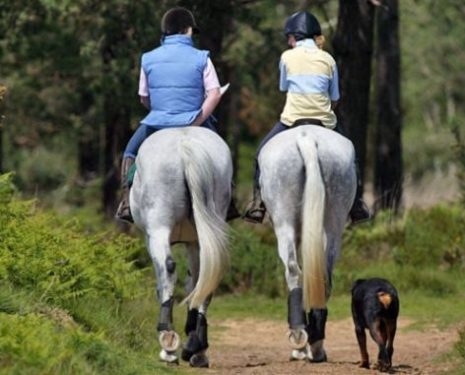
Avoid getting caught up in always training in the arena.
Spend time in the arena with playful activities as well. And be sure to escape it often for a good hack in the field or a trail ride.
It's important that your horse experience some of the “real world“ to foster a healthy mind and body. Riding arenas are great, but they can also act as a crutch if you only ever ride in the safety of the arena.
Go exploring!
5. Personalize Your Training
Especially if you are training multiple horses, or you're trying to follow a specific trainer's methods, you can get caught up in doing the same routine all the time for every horse.
Not every person, or every horse, learn in the same way or at the same rate. Be sure you're actively listening to your horse and personalizing your training to fit their specific needs.
For example, a sensitive or “hot” horse might need to progress more slowly than one who is a steady-eddy.
Accordingly, pace and personalize your lessons. This approach is sure to give you the results you desire with your horse.
6. Do Away with Strict Training Plans
Your horse is not a robot, so why would you think they can be properly trained following a strict plan applied to every horse regardless of their individuality?
Often Clinicians will sell videos, books, and training that focuses on a very specific training regimen applied to all horses. Apply it to enough horses and it can feel like a success because you don't notice the failures as much.
However, failure with this approach is rampant.
Your training plan should be dynamic and flexible. It should constantly adjust and change to fit the individual horse, the individual rider, and the specific need at that moment.
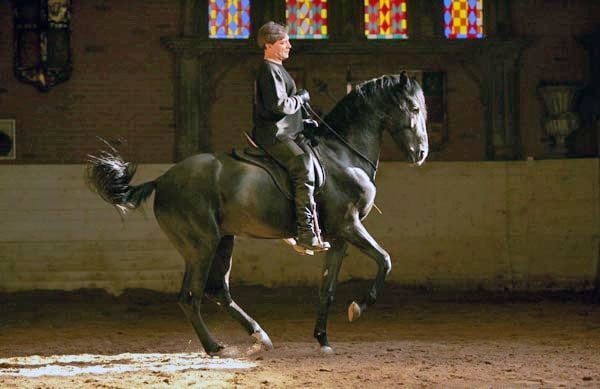
7. Ensure Your Horse Understands the Criteria for Success
Have you ever been tasked with a job that had no clear goal or outcome? You may start off with enthusiasm, but when you realize there is no clear objective that motivation fails rapidly.
At all times, aim to be 100% clear with the intentions of your requests.
When teaching a skill that is brand new to the horse, this can be difficult or impossible to achieve immediately. However, the goal should always be to ensure the horse understands the criteria for success as quickly as possible.
8. Practice, Practice, Practice.
Learning never ends. Revisit old thinking and learn from past mistakes.
Above all, never give up. Your horse is relying on you!
